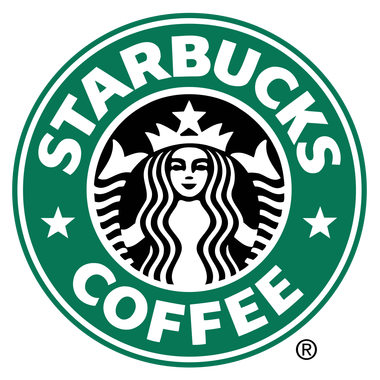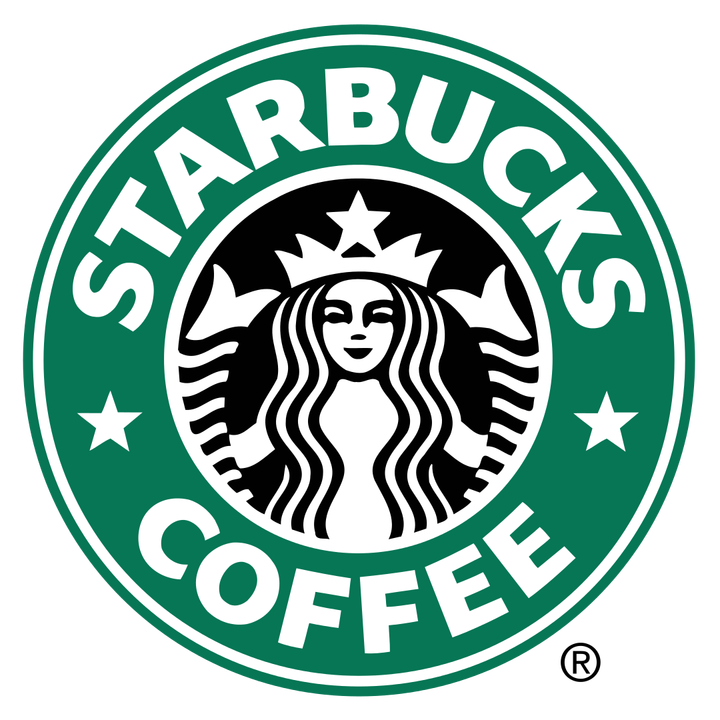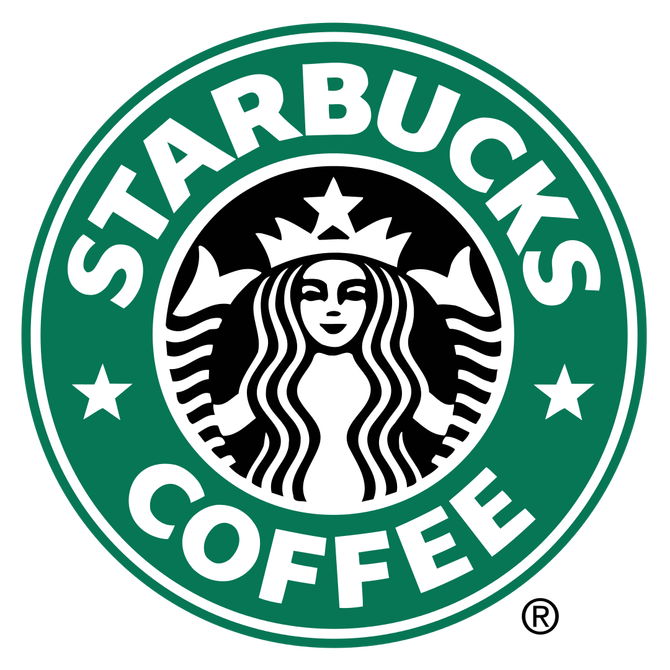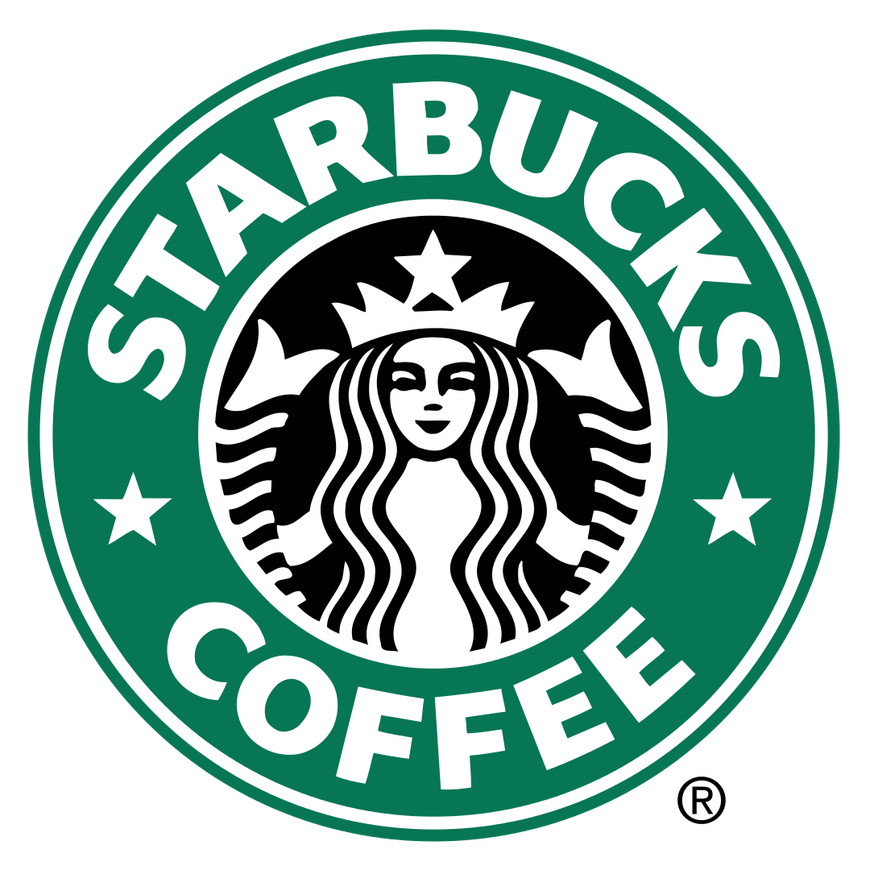



In the second half of the 20th century, when companies had started to become bigger and bigger, people became worried about conditions production was made under. It had started with groups of social activists who fought for workers’ rights, against children’s exploitation or any harm corporations and companies can cause environmental damage during the manufacturing process. So basically, they were fighting for ethical norms and laws to abide by companies.
With time the idea of ethical consumerism became more popular. Now we can see the paper is often recycled separately from glass or plastic etc. People are trying to use less water, do not hurt animals or the environment, so they’re trying to buy wiser too. That means customers are trying to choose ecological goods and prefer companies whose production is made with respect to the rights of workers. So to be a company with such a reputation and to attract wise buyers, it’s important to stick to some ethics rules.
An example of a big ethical company is Starbucks – an American company which specializes in coffee selling. Starbucks is the biggest coffee company in the world with more than 20,000 chain stores and coffee houses in 60 countries and more than 150,000 numbers of employees. Company ranges itself like a corporation with social responsibility and has several directions of action in this area.
Community
It means the company’s trying to take care not only about customers in coffee houses but also about the community around Starbucks. Company claims on it's trying to be a good neighbor so set positive projects and create actions connecting people (customers, partners, and employees) around a coffee house. Last year Starbucks spend more than 600,000 hours on community service and going to spend a million hours on community service by the 2015 year. Types and dates of actions can differ for every local Starbucks (like cleaning local playground or something), so customer can ask barista about coming actions to take part in them or just to find out more.
Another local practice that makes Starbucks ethical company is making a Community Stores. Such stores work directly with a nonprofit and adjust to the needs of a particular community. It’s about supporting revitalization efforts to address education, health or local safety issues.
As a similar activity, Starbucks supports organizations which equip young people (age 15-24) in areas of Business Savvy, Social Conscience and Collaborate Communication. Of course, such a big company worries about the future generation of professionals in business and economy, so it’s trying to provide a market with active and qualified future workers. In 2013 about 100 Leadership Grants were made to different local organizations activating almost 50,000 young people.
Starbucks also cares about its present workers. For example, when the chairman and CEO of Starbucks Howard D. Schultz was a kid, the family was poor. Once his father got the industrial injury and family was left pretty much without money at all. So now every Starbucks worker automatically gets a medical coverage.
For all coffee houses, employee turnover is a common problem. A problem is to make workers be loyal, interested and emotionally tied down to their jobs. Starbucks has an option system (even up to rewarding employees with company stock), so it’s easier for workers to see their future in the company.
Another point of people care is about people with disabilities. Originally, Starbucks coffee houses are based on a self-service, but for people with disabilities, an order can be served to table. And in some coffee houses, there is a menu in Braille.
Summing Starbucks care about the community, should it be mentioned that corporation which already has more than 150,000 workers all over the world is one fighting with unemployment by making more and more new workplaces every year?
Environment
Spiderman used to say: “With a big power comes a big responsibility”. For such an ethical company as Starbucks care about the environment is the main goal. So it starts with building their industry and coffee houses according to a local landscape, trying to avoid destroying and the bad influence on the environment. Starbucks is trying to use ecological building materials and particular methods. For the interior (and like a part of a design) company often uses recycled materials and make a partnership with local designers, which support this idea and works on the interior to make it individual for different coffee houses in different cities and countries.
It’s fair to say, that Starbucks’s trying to use recycled materials wherever it’s possible. As the company sells not only a coffee in packages and not as many drinks in ceramic cups as takeaway coffee in paper cups, here comes a problem of a huge number of wasted cups. And not every city where Starbucks coffee house’s situated has a recycling system for garbage. Starbucks had decided to rely on its own abilities and made a system according to which up to 93% of wasted Starbucks cups becomes Starbucks napkins. So next time when you visit local Starbucks pay attention to what is written on a napkin: it’s 100% made from recycled paper. Indeed, maybe it’s a cup you drink coffee from last time. Recycled cups also become different kinds of packaging.
Another way Starbucks’s fighting against wasting cups is by offering customers to not buy them at all. The company produces reusable coffee tumblers and travel mugs with the company logo on them, so they look a lot like a standard paper cup, but serve longer. You can buy one in Starbucks stores or order it online and come with your personal coffee tumbler to a Starbucks coffee house anytime. Barista will put your coffee in your cup instead of the paper cup and you’ll buy a drink 10 ¢ cheaper. Or you can use it for your homemade coffee. Also, it’s an interesting marketing move: seems like every coffee in this tumbler becomes coffee from Starbucks.
A lot of coffee houses – a lot of water and energy wasted to serve customers. So Starbucks’s trying to reduce water and energy wasting all the time. Using water wisely, of course, is essential for a coffee company. Since 2008 Starbucks has cut water consumption by 21,1% and continue researching in this area. The same thing’s with energy. The company’s trying to economy energy building energy-conservative coffee houses. Since the 2008 year company had managed to reduce energy consumption by 7,1% and continue to work in this area. Company subjoins particular partners to achieve a goal. For example, it makes a partnership with owners of a clean-energy source like wind-farm owners.
These were ethical Starbucks claims customers can almost easily to check by themselves observing coffee house working inside and outside. Now let’s have a look at more corporative and less checked Starbucks ethical claims, which at the time to time cause discussions in mass media.
Ethical Sourcing
Where it comes to sources an ordinary customer can’t really check its ethical origination. He can only check a quality of production he’s buying by tasting it. So obviously, Starbucks ethical sourcing structure causes questions.
Firstly, the company claims that one of the most important directions of their ethical actions is to care about climatic conditions sources are coming from. The company invests in land erosion control and in fighting against infestation by pests. Starbucks also invests in partners who report about rainfalls and other causes of harvest damage. The company claims, that for future coffee business it’s highly important not to shrink available usable lands in coffee regions. One of the most known Starbucks programs of this kind is C.A.F.E. – Coffee and Farmer Equity. It’s about making ethically sourced coffee. The program is based on:
a) good working conditions;
b) environmentally responsible growing methods.
Starbucks takes farmers as partners to a program and for several years helps them to improve their coffee farms. The company has a state of agronomists – scientists and experts in soil management and crop production. For all farmers in C.A.F.E. program, there is an agronomist, who controls soil and helps farmers locally by teaching them how to improve their production and its quality. He also teaches farmers to take care of the environment their farm’s surrounded. It’s a long-term, though highly-quality supply you can’t just reject once you’ve started (starbucks.com). That’s why it causes discussions. Is it good for private farmers to tie themselves with such a big corporation? Obviously, a farmer must see his future with a Starbucks company.
The company doesn’t specialize on a tea and cocoa as it does in coffee, but an assortment of Starbucks coffee houses includes the production of such kind, so company’s trying to apply the same ethical fairtrade system sourcing tea and cocoa. And again, tea and cocoa have their specific markets with particular rules and working methods. Starbucks has a huge influence on the coffee market to make a difference. But does its influence spread so wide?
Nevertheless, big corporations as Starbucks spread their influence on the life of a whole planet and change it in some way. I cannot avoid paying some attention to the question modern Slovenian philosopher Slavoj Žižek raises in reference to Starbucks. He says claims of an ethical company with all these fair programs and other Greater Goods give consumers an illusion they’re doing something good by themselves, while all they do indeed is just buying an expensive coffee. He thinks, the ethical company plays on consumers need to justify their decision to buy an expensive cup of coffee while people working on coffee plantations hardly can’t afford one.
I don’t think I’m as clever as Slavoj Žižek, but to my mind, there’re a lot of irresponsible corporations in the world, as much as irresponsible people. If modern people already are such inveterate consumers, why not to try to consume production of a company, which is trying to stick some ethical rules? The point of ethical consumerism is to vote for some ideology by buying a product of a company who thinks pretty much about global problems as you and has the power to change something. Instead of buying stuff from a company with a strange ideology (or no ideology at all) I think it’s better to choose a company with ethical claims. Or maybe I just love Starbucks coffee.